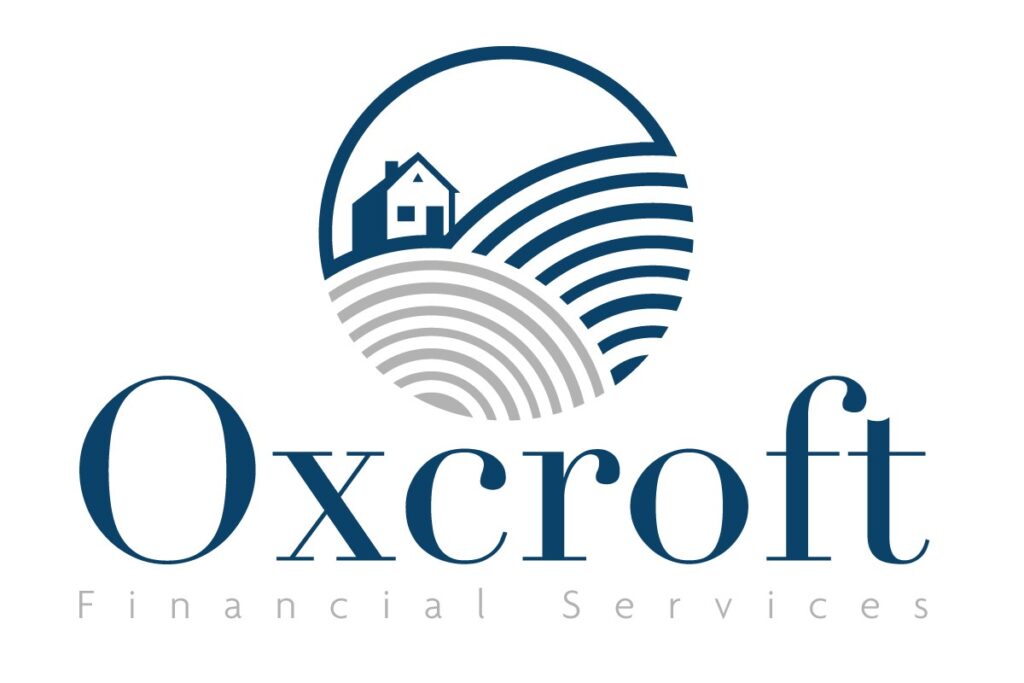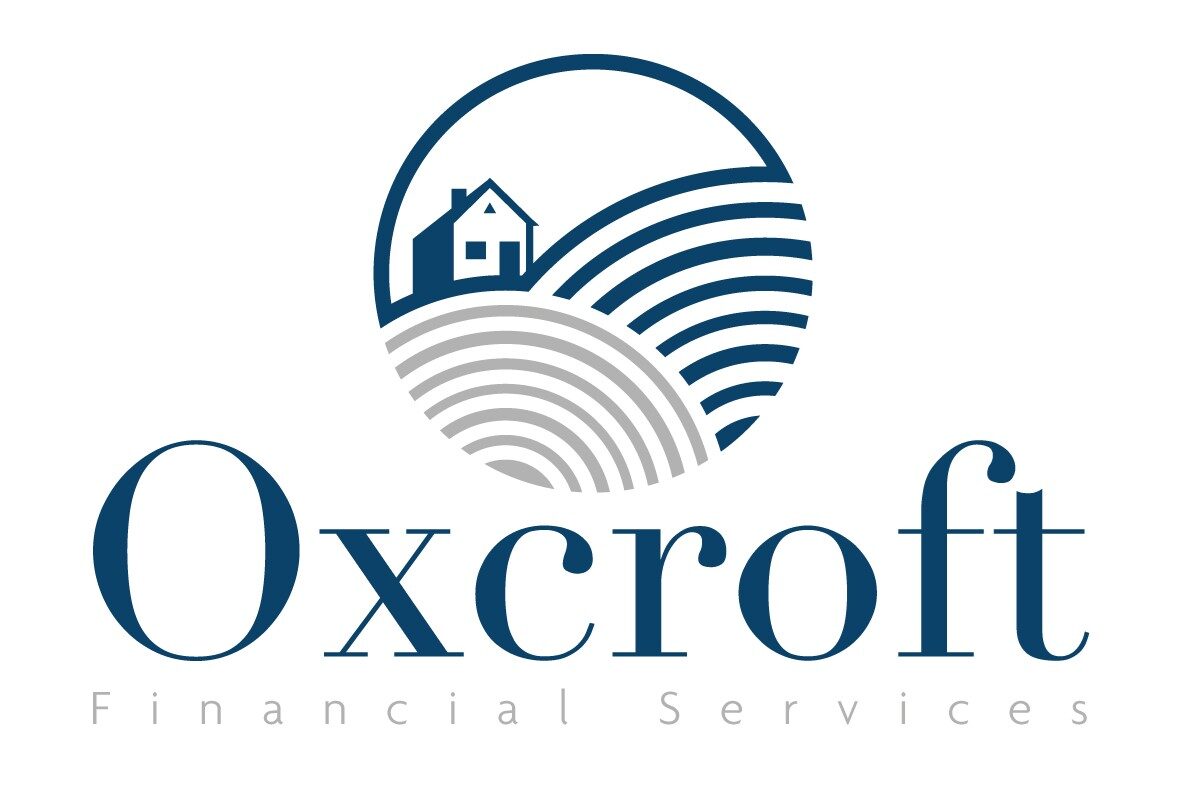What We Offer
We can support you with a full suite of mortgages whether you are a First Time Buyer, Homemover, or need to use the Right to Buy, Help to Buy or Shared Equity schemes. We can help you raise funds to buy an investment property on a Buy to Let mortgage, or if your current deal in coming to an end, I can source a new rate or Re-mortgage your property to a new lender for a better deal. Supporting you to raise funds for Home Improvements, debt consolidation and other purposes if required.
- Your Home may be may be repossessed if you do not keep up repayments on your mortgage or any other debts secured on it.
- Commercial Mortgages and some forms of Buy to Let are not regulated by the Financial Conduct Authority.
Whether you wish to buy your business premises, purchase a property at auction, bridging finance, buy an investment property, obtain development finance or your business just needs help with Cash Flow, please get in touch.
- Commercial Mortgages and some forms of Buy to Let are not regulated by the Financial Conduct Authority.
- Commercial Finance will be dealt with via referral to Oxcroft Commercial Finance Ltd.
Life insurance is a way of helping your family cope financially when you die. It is intended to provide help to your loved ones and the pay-out can be used to clear debts, pay off the mortgage or just cover everyday expenses. I use a wide range of life providers to find the right one for you.
Critical illness insurance provides you with a lump sum of money if you are diagnosed with certain illnesses or disabilities.
The kinds of illnesses that are covered are usually long-term and very serious conditions such as a heart attack or stroke, loss of arms or legs, or diseases like cancer, multiple sclerosis or Parkinson’s disease.
If being ill has left you out of pocket, it can be really handy to have a large sum of money to spend on things like everyday expenses, paying off your mortgage or your medical expenses. You can use the money in any way you like, you don’t have to spend it on anything in particular.
You may have other income coming in while you’re ill such as state benefits or sick pay from your employer. However, this may not cover all your needs. It’s a good idea to think about how much you would need to live on if you became seriously ill and whether you would need some extra money to boost your income.
Income protection insurance pays you a regular income if you can’t work because of sickness or disability and continues until you return to paid work or you retire. Income protection insurance is also known as permanent health insurance.
The amount of income you are allowed to claim will not replace the exact amount of money you were earning before you had to stop work. You can expect to receive about a half to two-thirds of your earnings before tax from your normal job. This is because some money will be taken off for the state benefits you can claim, and also the income you get from the policy is tax free.
You can’t claim income protection payments straightaway if you fall ill or become disabled. You usually have to wait a minimum of four weeks but payments can start up to two years after you stop work. This is because you may not need the money straightaway as you may get sick pay from your employer or you may be able to claim statutory sick pay for up to 28 weeks after you stop work.
Buildings insurance covers the cost of repairing damage to the structure of your property. Garages, sheds and fences are also covered, as well as the cost of replacing items such as pipes, cables and drains.
Your insurance should cover the full cost of rebuilding your house. This also includes the costs of demolition, site clearance, and architects’ fees.
Buildings insurance usually covers loss or damage caused by:
- fire, explosion, storms, floods, earthquakes
- theft, attempted theft and vandalism
- frozen and burst pipes
- fallen trees, lampposts, aerials or satellite dishes
- subsidence
- vehicle or aircraft collisions.
Do you need buildings insurance?
If you have a mortgage
Buildings insurance will be a condition of the mortgage and must be at least enough to cover the outstanding mortgage. Your lender should give you a choice of insurer or allow you to choose one yourself. They can reject your choice of insurer but can’t make you use their own insurance policy unless your mortgage package includes insurance.
If you buy a house you should take out buildings insurance when you exchange contracts. If you sell a house you are responsible for looking after it until the sale is completed so you should keep your insurance cover until then.
If your mortgage lender repossess your home you’re responsible for insuring it until it is sold and you should tell your insurer that you are no longer living there, otherwise you may not be covered.
If you don’t have a mortgage
Buildings insurance isn’t compulsory but it is advisable. Think about how you would afford to rebuild your house if it were damaged or destroyed.
If you’re a tenant
Your landlord usually takes out the insurance, although you may be responsible for loss or damage to fixtures and fittings. Your household contents insurance may cover this.
It is a good idea to take out home contents insurance to cover your possessions against fire, theft and other risks, such as accidental damage. If something happens to destroy or damage your possessions, it can cost a lot of money to replace them items, some of which may be essential.

